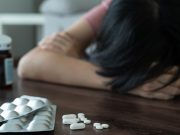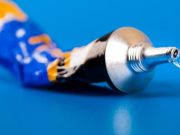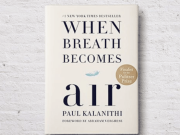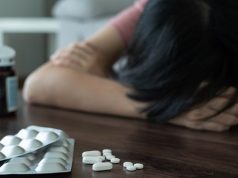Managing Stress and Mental Health in a Busy World
In today’s fast-paced life, many people struggle with stress, anxiety, and depression. These challenges can make daily life harder, and some turn to unhealthy coping methods like self-medication. This article explores better ways to handle stress and improve mental well-being.
What Is Self-Medication?
Self-medication means using drugs, alcohol, or other substances to deal with emotional pain or mental health symptoms. People often do this when they feel overwhelmed but don’t know healthier ways to cope.
- Why do people self-medicate? To numb stress, anxiety, loneliness, or sadness.
- Is it harmful? Yes—it can make mental health worse, cause addiction, and delay real treatment.
How Stress Affects Mental Health
Stress and anxiety can feel unbearable, pushing people toward quick fixes like self-medication. While substances might offer temporary relief, they create a dangerous cycle of dependency.
Common Causes of Stress:
- Society-related: Financial struggles, job pressure, loneliness.
- Personal: Trauma, relationship problems, past failures.
Without proper support or healthy coping skills, self-medication can seem like the only option.
What Is Self-Care?
Self-care means taking active steps to care for your well-being. It includes:
- Physical: Exercise, eating well, sleeping enough.
- Emotional: Journaling, therapy, mindfulness.
- Mental: Reading, learning new skills.
- Social: Spending time with loved ones, meeting new people.
How to Build Resilience
Resilience helps you recover from tough times. Here’s how to strengthen it:
- Stay positive: Focus on gratitude and growth.
- Connect with others: Supportive relationships help.
- Seek professional help: Therapists teach healthy coping skills.
Healthy Ways to Manage Stress
Try these simple, effective strategies:
- Mindfulness: Meditation, deep breathing, or yoga.
- Exercise: Walking, swimming, or any movement you enjoy.
- Eat well: More whole foods, less processed junk.
- Sleep better: Aim for 7-9 hours nightly.
- Spend time outdoors: Nature reduces stress.
Moving from Self-Medication to Self-Care
Shifting to healthier habits takes time. Start by:
- Acknowledging the problem.
- Seeking professional support.
- Practicing small self-care steps daily.




























